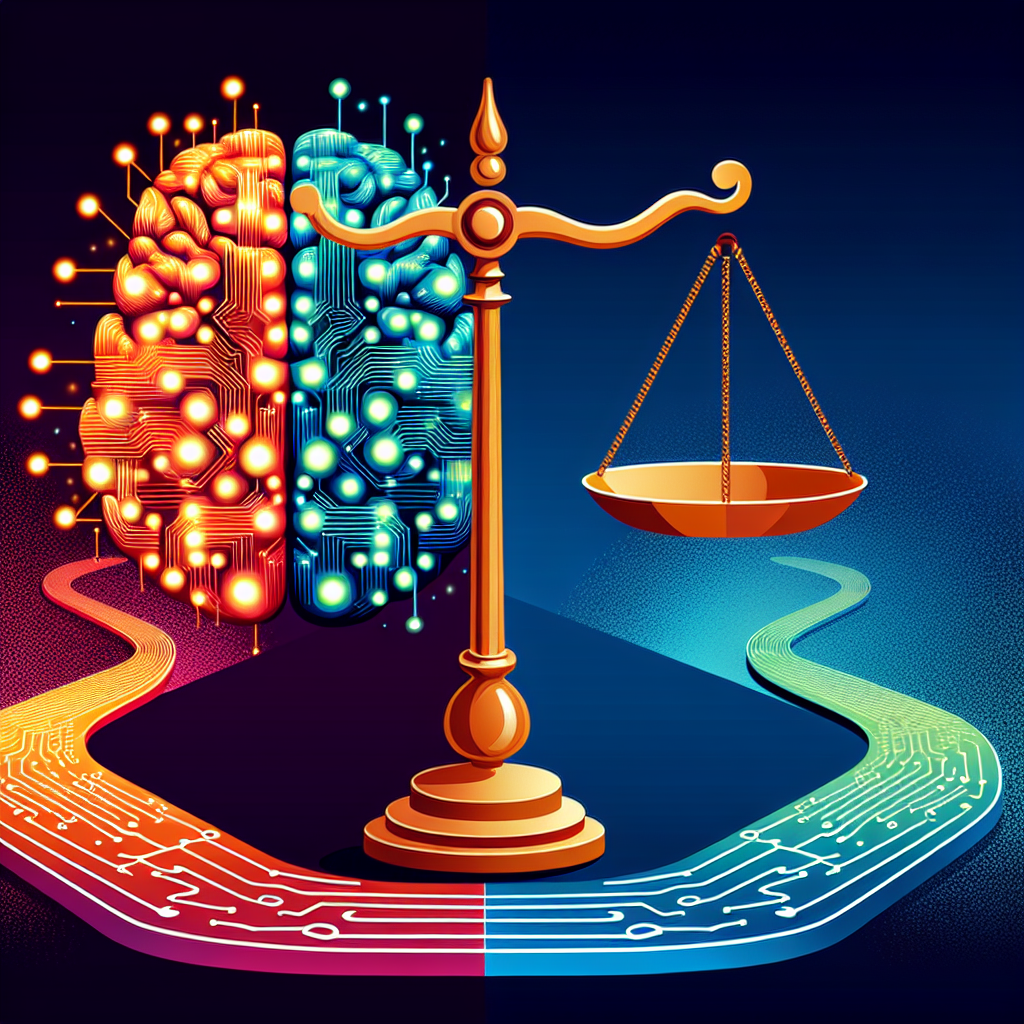The Ethics of AGI: Navigating the Challenges of Artificial Intelligence
Artificial General Intelligence (AGI) is a term used to describe machines that are capable of performing any intellectual task that a human can do. The development of AGI has the potential to revolutionize our world, from improving healthcare and transportation to enhancing education and entertainment. However, the rapid advancements in AI technology also raise a number of ethical concerns that must be addressed.
In this article, we will explore the ethical challenges posed by AGI and discuss how we can navigate them to ensure that the development of artificial intelligence is done in a responsible and ethical manner. We will also provide a FAQ section at the end to address common questions and concerns related to the ethics of AGI.
The Ethical Challenges of AGI
There are several ethical challenges that arise from the development of AGI, including:
1. Autonomy and Control: One of the key concerns surrounding AGI is the issue of autonomy and control. As machines become more intelligent and capable of making decisions on their own, there is a risk that they may act in ways that are harmful to humans. It is important to establish clear guidelines and regulations to ensure that AI systems are developed and used in a way that is safe and beneficial for society.
2. Bias and Discrimination: Another ethical challenge is the issue of bias and discrimination in AI systems. If the data used to train AI models is biased, it can lead to discriminatory outcomes that harm marginalized groups. It is important to address bias in AI algorithms and ensure that they are designed and implemented in a fair and equitable manner.
3. Privacy and Security: The development of AGI raises concerns about privacy and security. As AI systems become more advanced, they will have access to vast amounts of data about individuals and society as a whole. It is important to establish robust privacy protections and security measures to ensure that this data is used responsibly and ethically.
4. Accountability and Transparency: There is also a need for greater accountability and transparency in the development and use of AI systems. It is important to establish clear lines of responsibility and accountability for the actions of AI systems, as well as to ensure that the decision-making processes of AI systems are transparent and understandable to humans.
Navigating the Ethical Challenges of AGI
To navigate the ethical challenges of AGI, it is important to take a proactive and multi-faceted approach. This includes:
1. Ethical Design: It is important to design AI systems in a way that is ethical and aligned with societal values. This includes ensuring that AI systems are designed to prioritize human well-being and safety, as well as to minimize the risk of harm to individuals and society.
2. Ethical Governance: It is important to establish clear guidelines and regulations for the development and use of AI systems. This includes creating ethical frameworks and standards for AI development, as well as establishing mechanisms for oversight and accountability.
3. Ethical Education: It is important to educate developers, policymakers, and the public about the ethical implications of AGI. This includes raising awareness about the potential risks and benefits of AI, as well as providing training and resources to help individuals navigate the ethical challenges of AGI.
4. Ethical Collaboration: It is important to foster collaboration and dialogue between stakeholders in the development of AGI. This includes engaging with experts from diverse fields, as well as involving affected communities in the decision-making process.
FAQs
Q: What are some of the potential benefits of AGI?
A: AGI has the potential to revolutionize a wide range of industries, from healthcare and transportation to education and entertainment. It can help improve efficiency, enhance decision-making, and create new opportunities for innovation and growth.
Q: How can we address bias and discrimination in AI systems?
A: To address bias and discrimination in AI systems, it is important to ensure that the data used to train AI models is diverse and representative of the population. It is also important to implement bias mitigation techniques, such as fairness-aware algorithms and bias audits, to identify and address bias in AI systems.
Q: How can we ensure accountability and transparency in AI systems?
A: To ensure accountability and transparency in AI systems, it is important to establish clear lines of responsibility and accountability for the actions of AI systems. This includes creating mechanisms for oversight and auditability, as well as ensuring that the decision-making processes of AI systems are transparent and understandable to humans.
Q: What role can individuals play in navigating the ethical challenges of AGI?
A: Individuals can play a key role in navigating the ethical challenges of AGI by educating themselves about the implications of AI, engaging in dialogue with stakeholders, and advocating for ethical AI development and use. By staying informed and engaged, individuals can help shape the future of AI in a responsible and ethical manner.
In conclusion, the development of AGI has the potential to bring about significant benefits to society, but it also raises a number of ethical challenges that must be addressed. By taking a proactive and multi-faceted approach to navigating these challenges, we can ensure that the development of artificial intelligence is done in a responsible and ethical manner.

